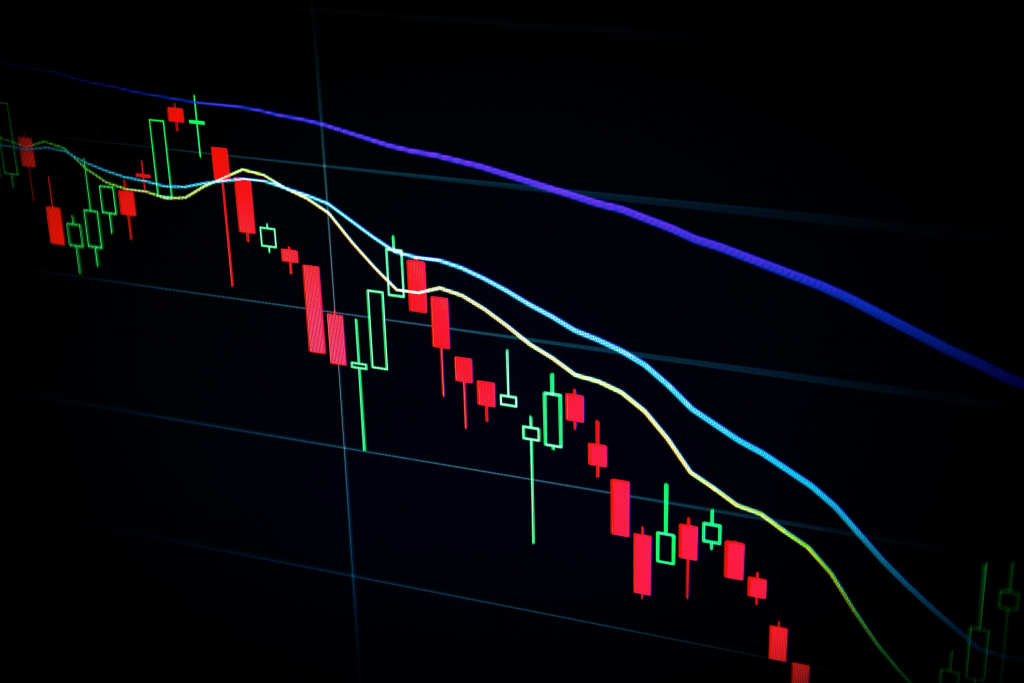Asian shares were mixed Friday after a sharp slide for Walmart helped pull Wall Street off record highs.
In Japan, where investors were watching currency swings, the benchmark Nikkei 225 edged up 0.3% in afternoon trading to 38,781.99.
A weak yen is a boon for some export-reliant manufacturers in Japan. In currency trading, the U.S. dollar rose to 150.46 Japanese yen from 149.53 yen. The euro cost $1.0495, down from $1.0500.
Japan’s government released the nationwide core consumer price index, excluding volatile fresh food prices, which rose 3.2% in January from the same month last year.
The inflation rate is key in the Bank of Japan’s decision on interest rates, and the rate has remained at or above the central bank’s target of 2% inflation. Last month, the Bank of Japan raised its key policy rate to 0.5% from 0.25%.
Australia’s S&P/ASX 200 shed 0.3% to 8,296.20, while South Korea’s Kospi was little changed, slipping less than 0.1% to 2,653.63. Hong Kong’s Hang Seng jumped 3.3% to 23,330.78, boosted by a surge in shares of Alibaba, which reported robust financial results.
Chinese e-commerce firm Alibaba Group Holding posted its fastest revenue growth in more than a year, beating analyst expectations as it capitalizes on the artificial intelligence boom in China. Alibaba’s net profit jumped to 48.9 billion yuan, or $6.71 billion, in figures released Thursday.
Alibaba’s New York-traded stock rose 8.1% following the earnings results. Chief Executive Eddie Wu said Alibaba plans to “aggressively invest” in artificial intelligence and cloud computing infrastructure.
The Shanghai Composite gained 0.8% to 3,378.03.
On Wall Street, the S&P 500 slipped 0.4% for its first drop after setting all-time highs the last two days. The Dow Jones Industrial Average lost 450 points, or 1%, and the Nasdaq composite sank 0.5%.
Walmart drove the market lower after falling 6.5%, even though the retailer reported stronger profit for the latest quarter than analysts expected. The Bentonville, Arkansas-based giant gave a forecast for upcoming profit that fell short of analysts’ expectations as shoppers across the country deal with still-high inflation and the threat of tariffs from U.S. President Donald Trump.



